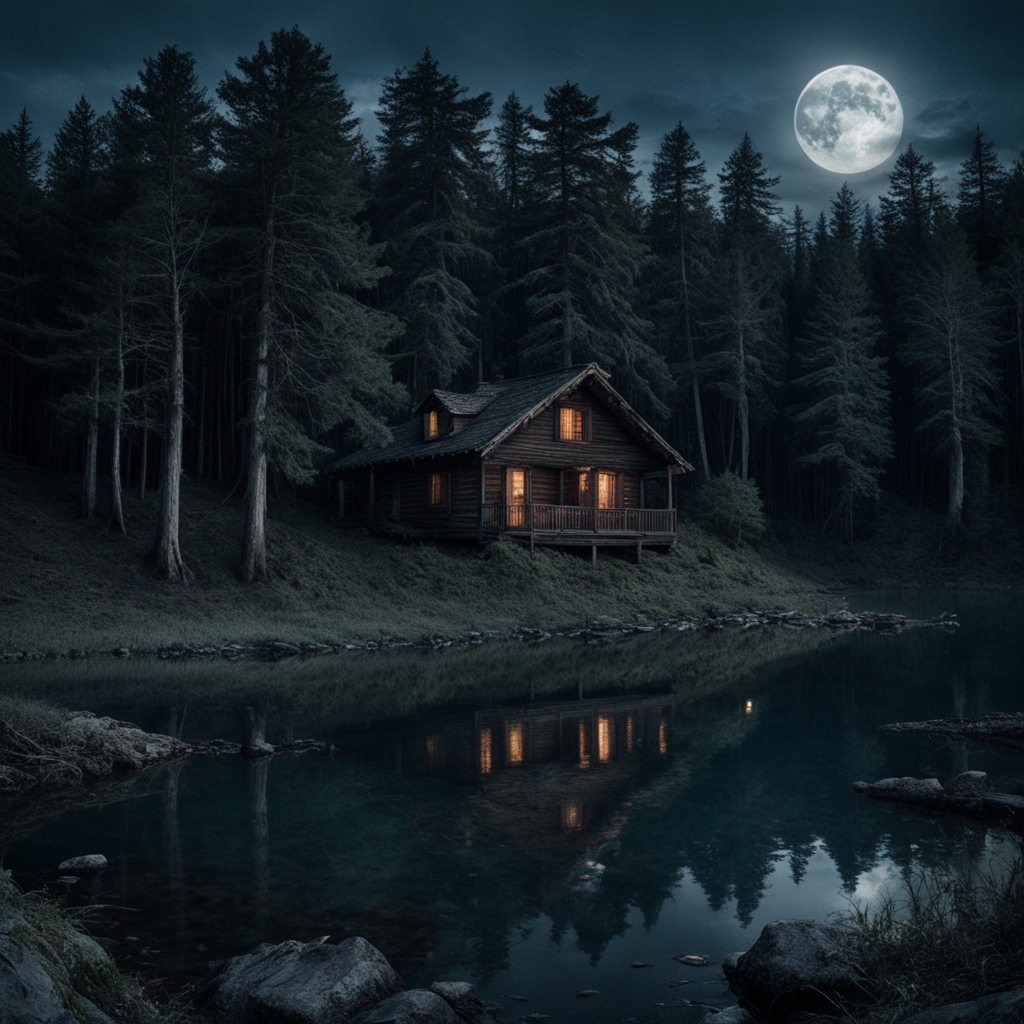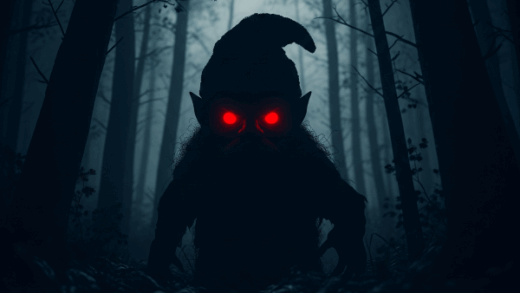Hungry Ghosts in Asian Folklore: Origins, Hauntings, and Rituals
Hungry Ghosts are a concept found in various Asian spiritual traditions, particularly in Buddhism, Taoism, and Chinese folklore. They are restless spirits tormented by insatiable desires, often depicted as emaciated beings with bloated bellies and tiny mouths, symbolizing their inability to satisfy their cravings.
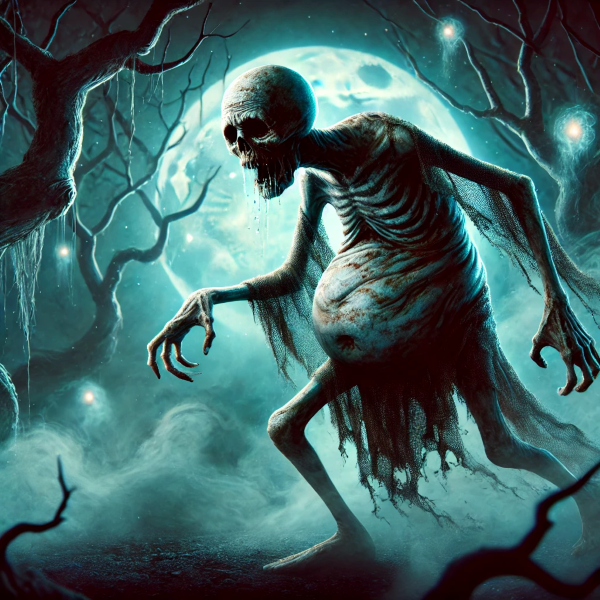
Origins and Beliefs
The idea of hungry ghosts (known as preta in Sanskrit) originates in Buddhist cosmology. According to Buddhist teachings, those who lived lives of extreme greed, deceit, or selfishness may be reborn as hungry ghosts. They exist in a state of suffering, constantly seeking food, drink, or other earthly pleasures but never finding satisfaction.
In Chinese folk religion and Taoism, hungry ghosts are spirits of individuals who died violently, were improperly buried, or were neglected by their descendants. Without proper ancestral worship and offerings, these spirits roam the world, seeking sustenance and sometimes causing misfortune to the living.
The Hungry Ghost Festival
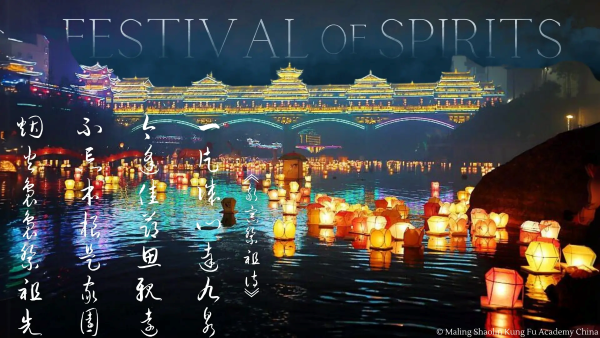
One of the most well-known traditions associated with hungry ghosts is the Hungry Ghost Festival (Zhongyuan Jie in Taoism, Yulanpen in Buddhism). This festival, celebrated on the 15th day of the seventh lunar month (usually in August), is a time when it is believed that the gates of the underworld open, allowing spirits to roam the earth.
People make offerings such as food, incense, and joss paper (spirit money) to appease the ghosts and prevent them from causing harm. Street performances and floating lanterns are also common practices to honor the dead and guide them back to the spirit world.
Encounters and Hauntings
Though hungry ghosts are primarily a religious and cultural concept, some paranormal enthusiasts believe that ghostly encounters attributed to malevolent spirits could be tied to the idea of hungry ghosts. These spirits are thought to manifest in different ways, including:
- Unexplained cravings or feelings of emptiness that suddenly overcome individuals in haunted locations.
- Dark, shadowy figures with hollow eyes or gaunt appearances seen in areas associated with grief or neglect.
- Disruptions in food offerings, such as plates mysteriously moving or food rotting unusually fast.
- Poltergeist-like activity, including objects being thrown, strange whispers, or eerie wailing sounds.
Paranormal Activity Rating: High

Since hungry ghosts are part of an ongoing cultural and spiritual belief system, many people claim to have personal experiences or unexplained encounters, particularly in places known for spiritual unrest, such as abandoned temples, battlefields, or sites of tragic deaths.
The idea of restless spirits seeking peace makes them a widely feared and respected presence in many Asian cultures.
Here are a few haunted locations and legends tied to the folklore of Hungry Ghosts:

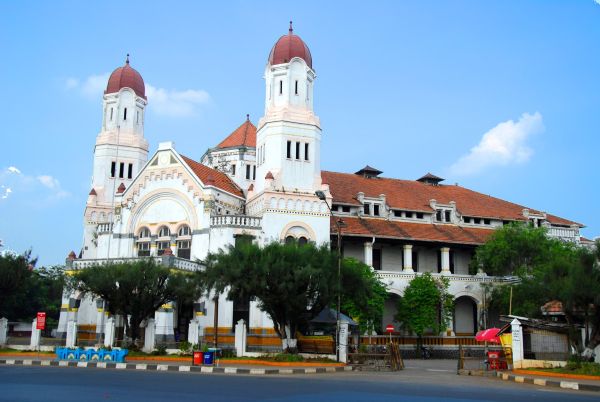
1. Lawang Sewu – Semarang, Indonesia
Location: Semarang, Central Java, Indonesia
Phone: +62 24 3542015
Hours: 7:00 AM – 9:00 PM
Admission: Around 10,000 IDR (~$1 USD)
Website: N/A
History
Lawang Sewu, meaning “Thousand Doors,” is a historic colonial-era building built by the Dutch in the early 1900s. It later became a military headquarters and was used as a Japanese prison during World War II, where many prisoners were tortured and executed.
Hauntings
Locals believe that the restless spirits of those who suffered there became hungry ghosts, especially in the basement, which was used as a prison and execution chamber. Reports include:
- Dark, gaunt apparitions lurking in the hallways.
- Wailing sounds and whispers in empty rooms.
- Sudden feelings of hunger, nausea, or dizziness when entering the basement.
- A headless ghost, believed to be a victim of Japanese executions, seen wandering at night.
Paranormal Activity Rating: High
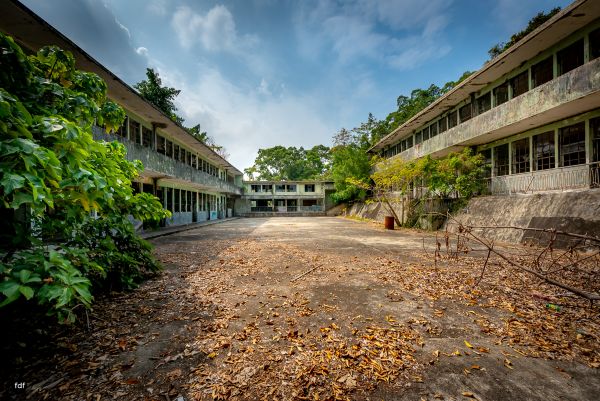
2. The Abandoned Tat Tak School – Hong Kong
Location: Ping Shan, New Territories, Hong Kong
Phone: N/A
Hours: Off-limits (unofficial visits happen at night)
Admission: Free (but entry is risky and discouraged)
Website: N/A
History
This abandoned school is one of Hong Kong’s most famous haunted sites. It was originally built in the early 20th century and later abandoned. Local legends claim that a teacher committed suicide in one of the classrooms, leading to a rise in paranormal activity.
Hauntings
Many believe that the hungry ghosts of forgotten spirits and neglected ancestors roam the school. Visitors have reported:
- A ghostly woman in red, often seen crying or staring at people.
- Sudden uncontrollable hunger or thirst upon entering the grounds.
- Unseen hands grabbing or pushing visitors.
- Chilling whispers and giggling sounds, especially near the old classrooms.
Paranormal Activity Rating: Very High
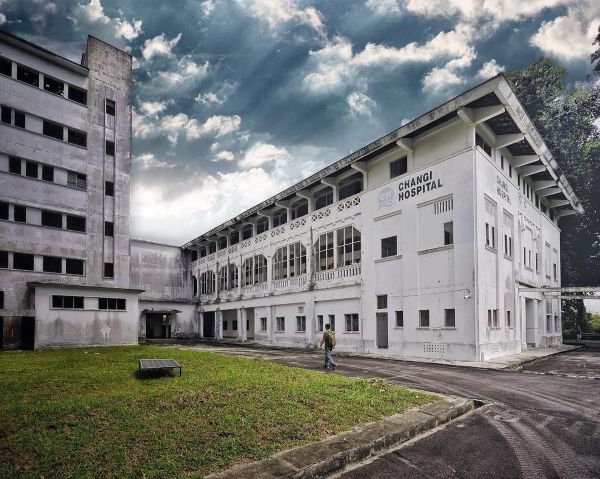
3. Old Changi Hospital – Singapore
Location: 24 Halton Road, Changi, Singapore
Phone: N/A
Hours: Off-limits (entry is illegal)
Admission: N/A
Website: N/A
History
This former British military hospital later became a Japanese prisoner-of-war camp during WWII. Many prisoners were tortured and killed here. After its closure in 1997, it became one of Singapore’s most infamous haunted locations.
Hauntings
Due to the extreme suffering and deaths at the site, many believe the spirits of the deceased became hungry ghosts. Paranormal reports include:
- Gaunt, shadowy figures wandering the halls.
- Sounds of crying and screaming, especially at night.
- Sudden feelings of overwhelming sadness and hunger.
- Electrical disturbances, such as phones dying or lights flickering.
Paranormal Activity Rating: Very High
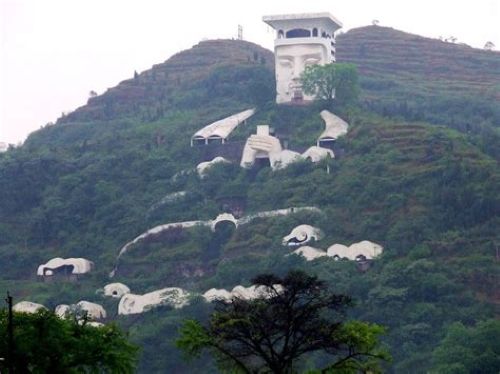
4. Fengdu Ghost City – China
Location: Fengdu County, Chongqing, China
Phone: +86 23 7060 9705
Hours: 8:00 AM – 6:00 PM
Admission: Around 100 CNY (~$14 USD)
Website: N/A
History
Fengdu Ghost City is a famous site dedicated to the afterlife in Chinese mythology. Built over 2,000 years ago, it is said to be a gateway to the underworld, where spirits undergo trials before reincarnation.
Hauntings
This city is heavily associated with hungry ghosts, as it is believed that lost souls linger here if they have not been properly honored. Paranormal activity includes:
- Visitors feeling intense hunger despite just eating.
- Sightings of ghostly monks or judges of the underworld.
- Strange apparitions in photos, often resembling skeletal faces.
- Mysterious chanting sounds near the shrines and statues.
